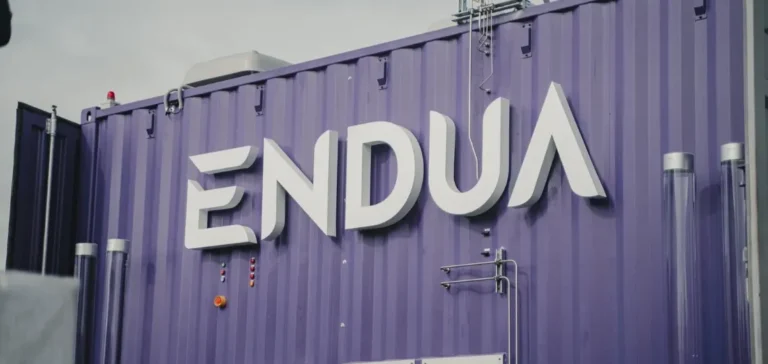Australian company Endua has obtained financial support of $4.88mn (AUD7.2mn) through the governmental Industry Growth Program, designed to stimulate industrial development and local innovation. This funding aims to reinforce the company’s production capacity, specialising in the design of proton exchange membrane (PEM) hydrogen electrolysers at the heart of the Advanced Hydrogen Electrolyser for Australian Decarbonisation (AHEAD) project.
Local production capacity and industrial innovation
Endua’s AHEAD project is part of an industrial sovereignty strategy promoted by Australian authorities, seeking to develop low-emission energy solutions. The PEM technology developed by Endua offers a modular and compact architecture allowing for on-site hydrogen production, reducing dependence on imported technology and facilitating deployment in various industrial sectors.
The company’s stated goal is to provide a flexible, ready-to-use system, simplifying processes for project developers and minimising site works, infrastructure, and commissioning complexity. According to Paul Sernia, Chief Executive Officer of Endua, this financial support will “build local expertise and robust supply chains in order to capture future growth in Australia and internationally”.
Support for industry and sector outlook
Endua’s technology targets decentralised hydrogen production, responding to the growing demand for clean and reliable energy, especially in the transport, off-grid power generation, and industrial gases sectors. The PEM electrolyser helps avoid significant logistics costs linked to hydrogen transport and storage, providing greater supply security for industries operating off-grid.
By facilitating the adoption of on-site hydrogen production solutions, Endua aims to meet national emissions reduction objectives while driving the development of new industrial sectors such as ammonia and sustainable fuels. The equipment is designed for rapid installation without major modification of existing infrastructure, thus accelerating access to clean energy for a wide range of economic actors.
The Industry Growth Program, led by the Department of Industry, Science and Resources, is part of a broader approach to supporting Australian industrial innovation and the emergence of national champions in advanced energy technologies.






















